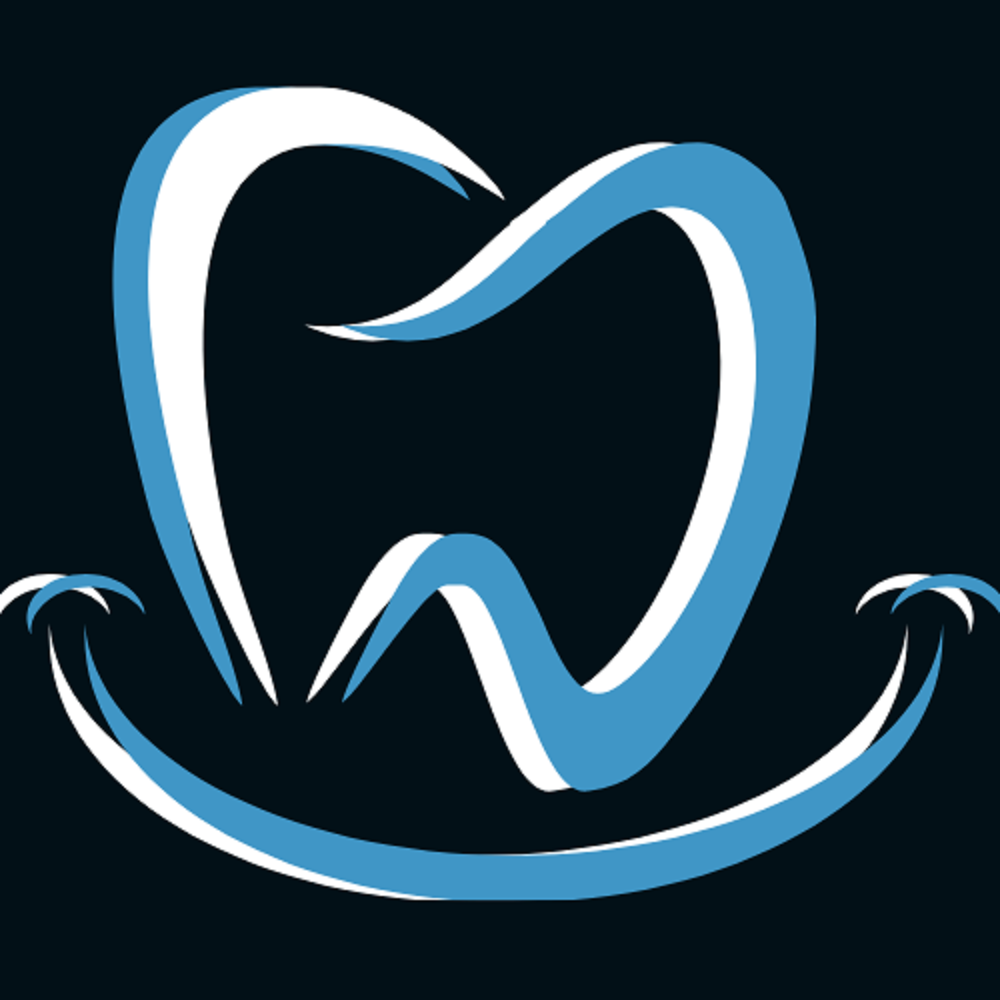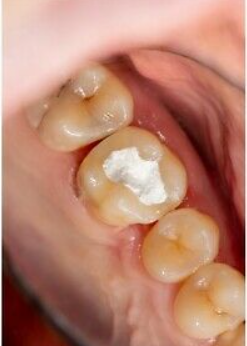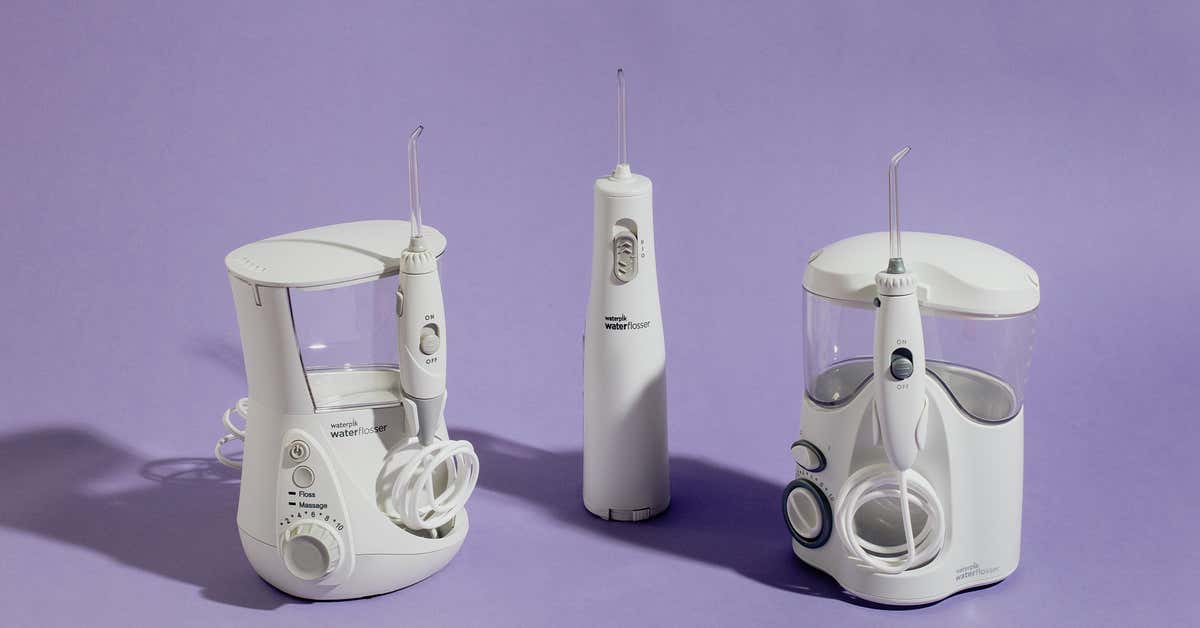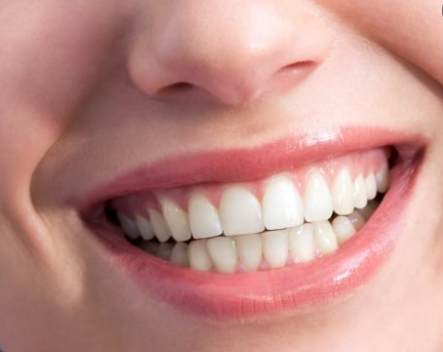Dentures are a type of removable dental appliance that can be used to replace a lost tooth and improve your smile. Replacing a missing tooth will improve your appearance and health if you’ve lost your natural tooth due to gum disease, tooth rot, tooth decay, or injury. You may need an immediate denture or dental implant when this happens.
For missing teeth, permanent dentures are an alternative to removable dentures. Permanent dentures, unlike conventional dentures, are held in place by two or more surgically implanted dental implants, making them more stable and allowing the patient to chew, talk, and smile more easily than a removable denture.
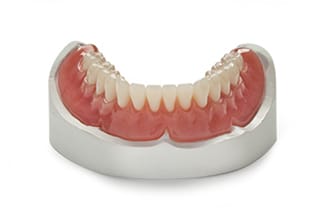
If you have dentures, you must clean them every day and sanitize them once a week to keep them in good condition. Failure to do so may result in not only damage to the dentures and a decrease in their longevity, but also health concerns for you as well. This is also part of your overall dental care.
Bacteria naturally accumulate on the surface of your mouth over time. I know, it’s disgusting. If you don’t maintain your dentures properly, bacteria can grow on them and create major health issues including staph infections. The following is a step-by-step instruction to clean your dentures properly and effectively.
Methods Used For Cleaning Dentures
There are two main methods used for cleaning dentures: brushing dentures and soaking dentures.
Brushing Your Dentures
It is recommended that you use a denture brush to clean your dentures using this method so that all portions of the dentures can be cleaned. You can use any toothbrush, but you’ll need to pay additional attention to ensure that you get all the curved sections of your dentures.
Fill your sink halfway with water and then place a washcloth on the bottom. This will act as a cushion if your dentures are dropped. Dentures can break if they are dropped onto a hard surface.
Dentures should be held firmly in your non-dominant hand, but not too tightly, or they will break. Dentures should be cleaned using a cleaning agent and warm water. You can either use a denture cleaning paste or gel, a nontoxic cleanser, or one of the homemade solutions below.
Do not use regular toothpaste or an abrasive or powdered cleanser. They may scratch your dentures, providing bacteria with a place to thrive.
Brush all portions of your dentures with your dominant hand while holding the denture brush. Make sure all of the curved and grooved parts are covered by the bristles. However, be careful not to scrape too vigorously or your dentures may be damaged. Brushing your dentures thoroughly can help prevent tartar from forming.
Rinse your dentures by holding them under running water and removing any remaining residue with your brush and cleanser. Make sure the dentures are clean by inspecting them completely. If any of the parts have a slick feel to them, this could indicate that there is still plaque on them.
You can either soak your dentures in water overnight or put them back in your mouth to wear once you’re sure they’re thoroughly clean.
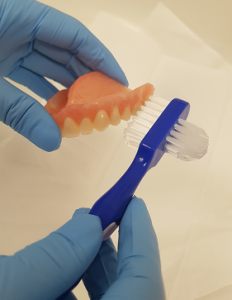
Soaking your dentures
Remove your dentures. It’s a good idea to take your dentures out of your mouth for a few minutes each day to give your tissues a break from being in constant contact. When your dentures are out of your mouth, however, they must be kept moist. Soaking them overnight is a good way to achieve this.
To soak your dentures, use a chemical solution. This aids in the removal of deposits and stains, which may then be brushed or rinsed away. These chemical solutions, which are specifically created for soaking dentures, are typically antimicrobial and have other advantages.
Select a suitable container. Make sure the container is the proper size and has a fitted cover for storing your dentures.
Follow the directions on the package of chemical solutions. There should be instructions on how to prepare your dentures as well as recommendations on how long to soak your dentures. Warm water is the only way to get the cleanser to work. The shape of your dentures may be distorted by hot water.
Submerge your dentures in the water. Make sure your dentures are completely submerged in the solution before covering the container. Make sure that no parts of your dentures are exposed to the air or are not submerged in water.
Remove your dentures from the solution in the morning and properly rinse them to remove any debris or chemicals. Before putting your dentures in your mouth, brush them thoroughly.
Remove everything from the container. Clean and empty the soaking container. Make sure your dentures are as fresh and clean as possible by doing this daily. Whatever method you used to clean your dentures, there are a few general guidelines you should follow to keep your dentures clean and well-maintained:
After eating, remove your dentures and rinse them to remove any loose particles or food residue.
Handle your dentures with care at all times. If you’re rinsing them under the sink, put a towel in there to cushion them in case you drop them. When cleaning your dentures, be careful not to damage or distort the clasps or the plastic.
After you remove your dentures, clean your mouth. Brush your natural teeth with a soft-bristled toothbrush if you have any. Cleaning your palate (roof of the mouth), cheeks, and tongue with a soft toothbrush or gauze is a good idea. Check out our list of recommended electric toothbrushes to aid in the cleaning process.
At least once a day, brush your dentures.
Maintain regular dental checkups. Your dentist can advise you on how often you should get your dentures cleaned and checked by a professional.
To avoid discomfort and slippage, your dentist will ensure that your dentures fit properly. Your dentist will also inspect the interior of your mouth to ensure that it is in excellent shape.
Visit your dentist straight away if your dentures are causing you any discomfort or do not fit properly. Sores, discomfort, and infection can all be caused by loose dentures.
It is absolutely essential to keep your dentures clean to ensure good overall health and oral hygiene.
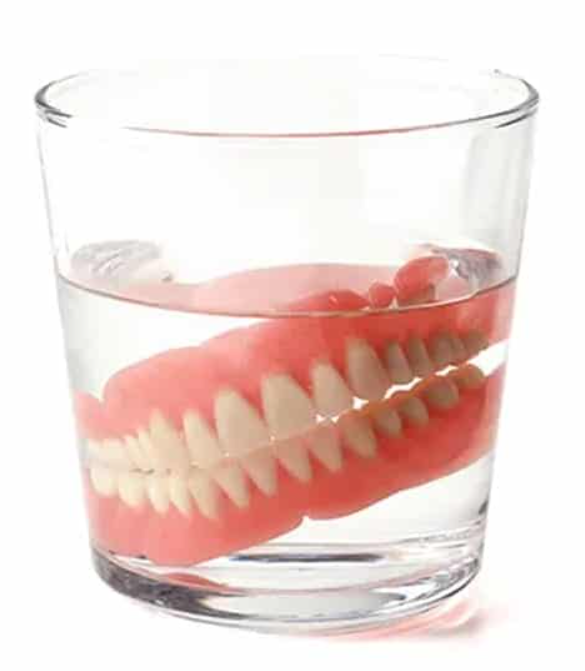
Homemade Remedies For Cleaning Dentures
Vinegar Solution
Vinegar is one of the most efficient and simple ways to naturally clean and disinfect dentures. Tartar forms on your dentures over time, and the acid is dissolved by the vinegar.
Combine equal parts warm water and white distilled vinegar to make this natural cleaning solution at home. Soak your dentures in this solution for at least 30 minutes, preferably overnight for the greatest results. Before putting your dentures back in your mouth, make sure to thoroughly rinse them.
Baking Soda Solution
Baking soda is one of the most prevalent chemicals in normal toothpaste. This is due to the fact that it is particularly effective at loosening dirt from teeth. To make your own natural toothpaste, mix 2 teaspoons baking soda with water until it reaches the required consistency.
Using a soft-bristled toothbrush, scrub debris from your dentures thoroughly and carefully. This is a very efficient cleaning method that may be done on a daily basis to keep your dentures clean organically.
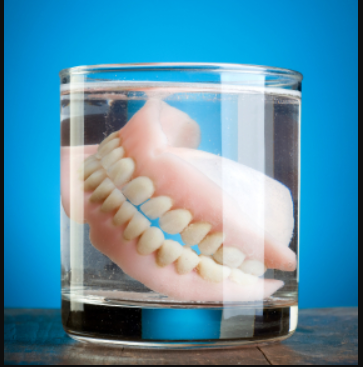
Lemon Juice Soak
Lemons provide stain-removal and bleaching qualities. This approach can be used to clean your dentures. Juice a lemon and combine it with one cup of warm water.
Soak your dentures in this solution for no more than 30 minutes. Make sure you don’t soak your dentures in this combination for too long, as lemon has an erosive impact that can harm them. Rinse-off using cold water.
Store Products For Cleaning Dentures
Cleaning dentures can be done with a variety of commercial products. They’re easy to come by in pharmacies and other stores, and they’re designed specifically for cleaning dentures. When using these products, make sure to follow the manufacturer’s recommendations.
Denture Cleanser Tablets
To clean your dentures with this type of product, an effervescent solution is made with the cleanser mixed water. The dentures are then immersed in the solution. This cleans the dentures while also killing microorganisms.
The amount of time that your dentures should stay in the solution can vary from a few minutes to several hours. Follow the instructions provided by the manufacturer.
Gels, pastes, and creams for cleaning dentures
These solutions are brushed on and then rinsed off of your dentures. Follow the instructions provided by the manufacturer.
Things To Avoid When Cleaning Your Dentures
The following are a couple of things that you should usually avoid when cleaning your removal dentures:
- Hot water: Your dentures may be warped by boiling or hot water.
- Products that contain bleach: These products can change the color of your dentures and weaken them.
- Dentures that have metal attachments should not be soaked in solutions containing bleach since they can corrode and tarnish the metal.
- Whitening toothpaste: These types of toothpaste tend to be abrasive and therefore should not be used on dentures.
Abrasive cleaning materials: You should avoid using harsh toothpaste, strong cleansers, and stiff-bristled brushes since they may damage your dentures.
Conclusion
Cleaning your removable dentures on a regular basis is important. Whether you use a natural, homemade treatment or a commercial product, make sure you clean your dentures on a daily basis to keep them in good tip-top shape and to maintain good dental hygiene.
Want to read some more? Check out our comprehensive list of best brushes for braces. They can easily be used to clean your removable dentures.
